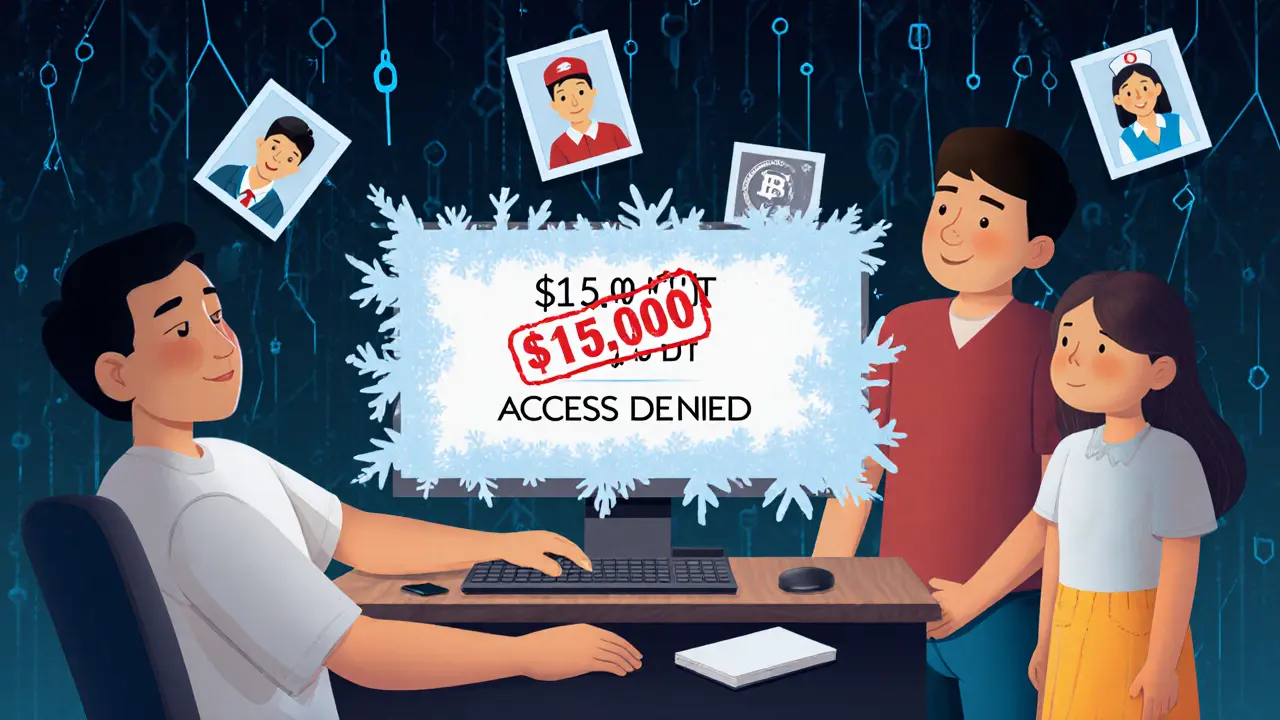Frozen Crypto Assets Philippines: What Happens When Your Crypto Gets Locked
When your frozen crypto assets, digital coins or tokens that you can’t access or transfer due to regulatory, technical, or platform-imposed restrictions. Also known as locked crypto, it happens when exchanges, wallets, or government bodies block your ability to move your funds. In the Philippines, this isn’t just a technical glitch—it’s a growing legal reality. Many Filipinos hold crypto for remittances, savings, or trading, but without clear rules, your assets can vanish behind a wall you didn’t see coming.
Crypto regulations Philippines, the set of rules enforced by the Securities and Exchange Commission (SEC) and the Bangko Sentral ng Pilipinas (BSP) to monitor digital asset platforms are tightening fast. Exchanges operating in the country must now register, verify users, and report suspicious activity. If you’re using an unregistered platform—or even a registered one that gets flagged—you could lose access overnight. The SEC doesn’t freeze wallets directly, but it can order exchanges to block accounts tied to fraud, money laundering, or unlicensed activity. Your crypto isn’t stolen. It’s just… gone from your view. And getting it back? That’s a long, uncertain road.
Most cases of frozen crypto in the Philippines come from three places: unlicensed exchanges that get shut down, users caught in anti-money laundering investigations, or wallets linked to scams. You might think you’re safe if you use Binance or Coinbase, but if you’re sending funds to or from a local P2P seller who later gets investigated, your account could get caught in the crossfire. Even holding crypto in a self-custody wallet isn’t foolproof—if you use a local fiat on-ramp like GCash or PayMaya to buy crypto, those services are required to flag suspicious transactions, and your account might be restricted.
Crypto asset seizure, the legal process where authorities take control of digital assets believed to be involved in crime is rare but real. In 2023, Philippine authorities seized over ₱120 million in crypto linked to illegal gambling operations. The seized coins didn’t go to the government—they were held in secure wallets until court decisions were made. But for regular users? If your wallet is flagged, you’ll need legal help, proof of ownership, and patience. No one is coming to fix it for you.
So what can you do? Avoid unregistered platforms. Keep records of every transaction. Don’t use crypto to bypass bank limits unless you understand the risks. And if you’re holding crypto for long-term value—not quick cash—consider cold storage. Hardware wallets aren’t perfect, but they’re not subject to exchange freezes. You control the keys. No government order. No platform policy. Just you and your private key.
Below, you’ll find real cases and guides on what happens when crypto gets locked in the Philippines—from exchange shutdowns to legal battles. These aren’t hypotheticals. These are stories from people who lost access, fought back, or learned the hard way. Some of these posts will show you how to spot a risky platform before you deposit. Others will explain how to prove ownership if your assets are frozen. This isn’t about fear. It’s about control. And in crypto, control means knowing where your money really is—and who can take it away.
